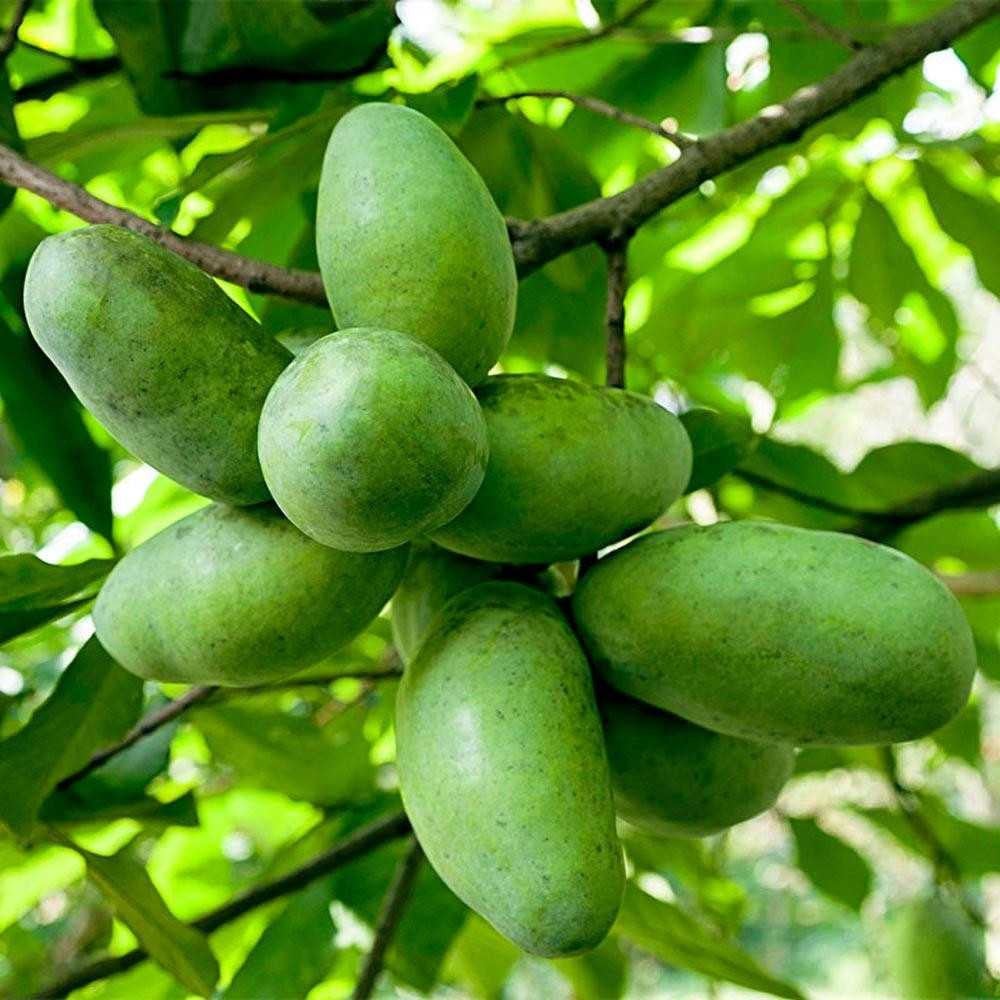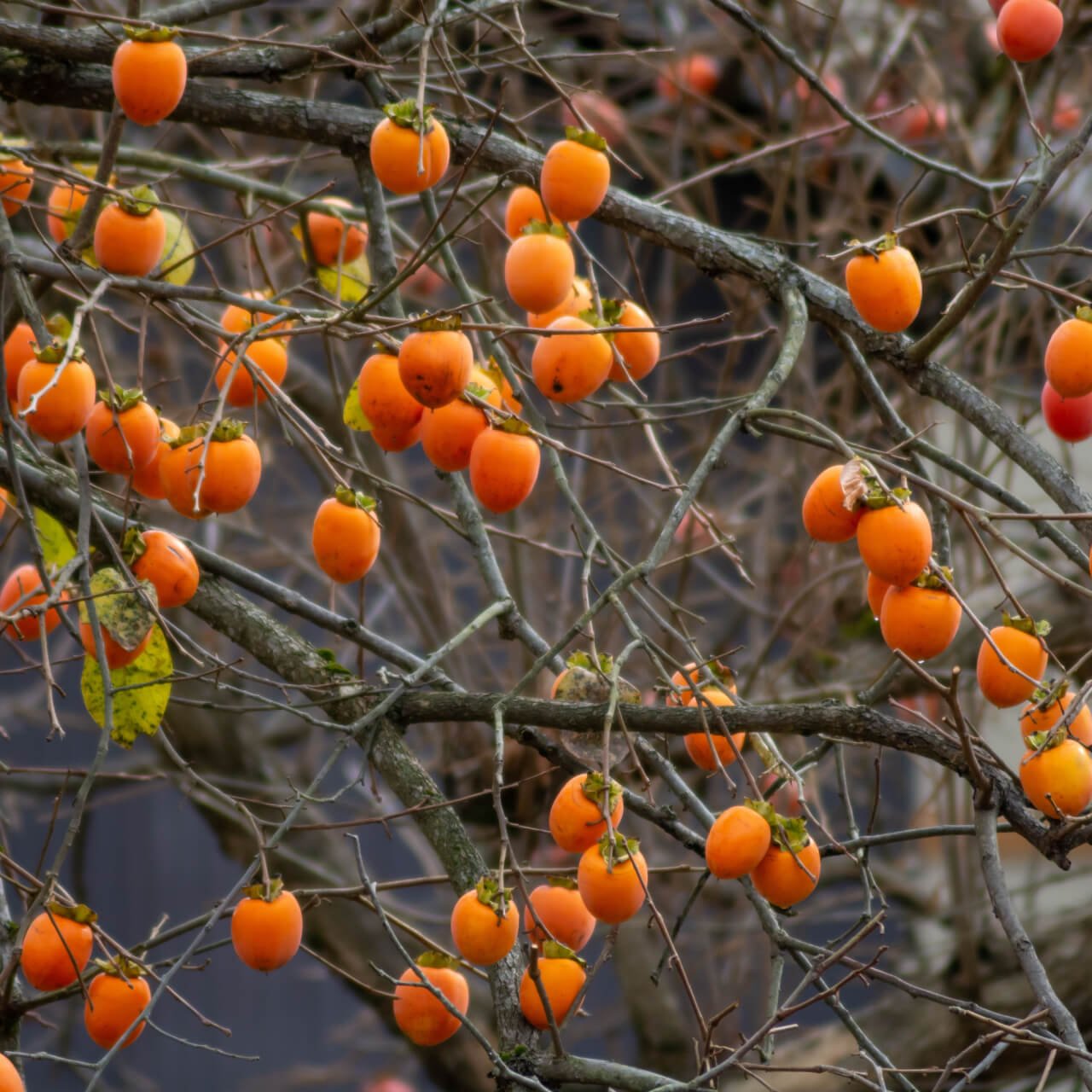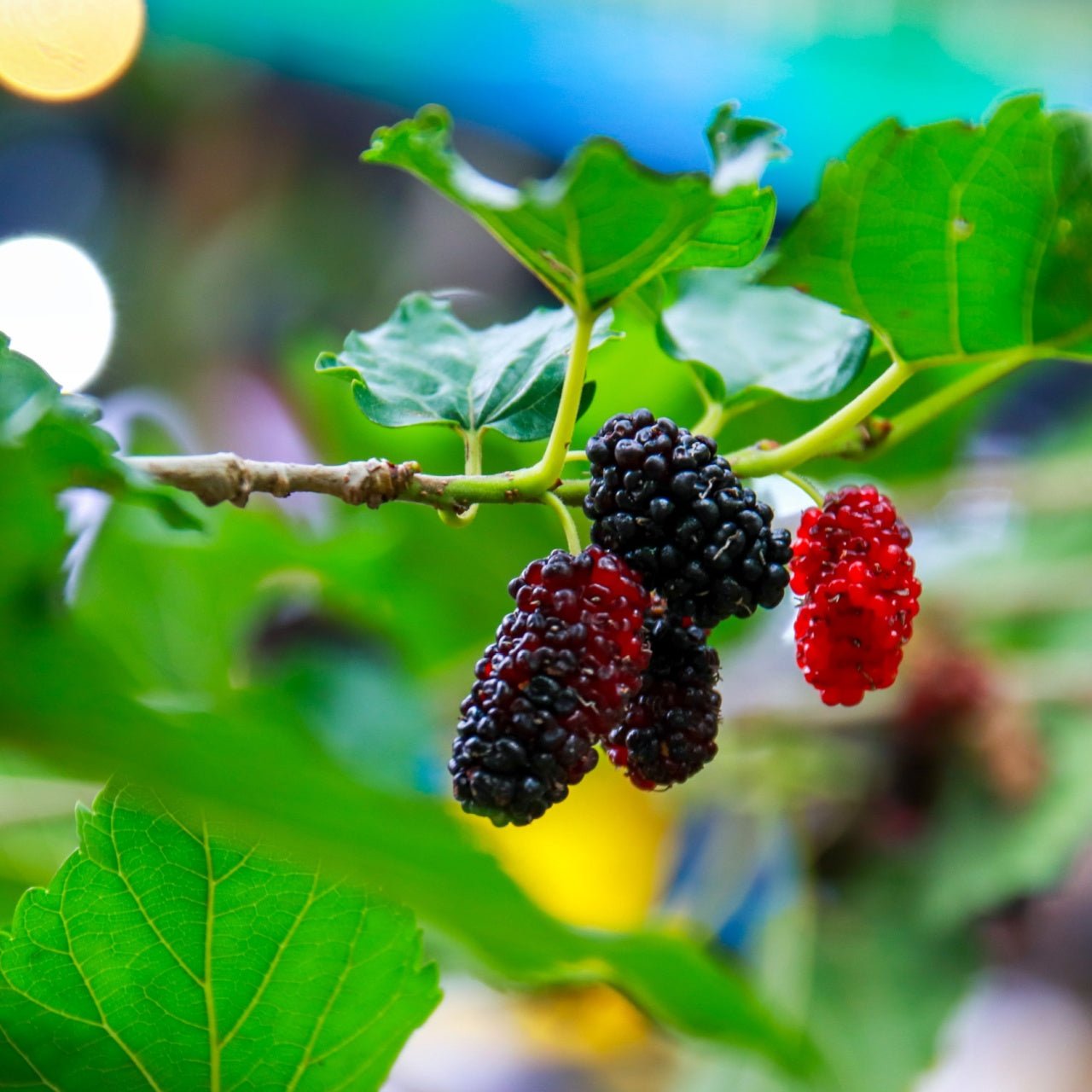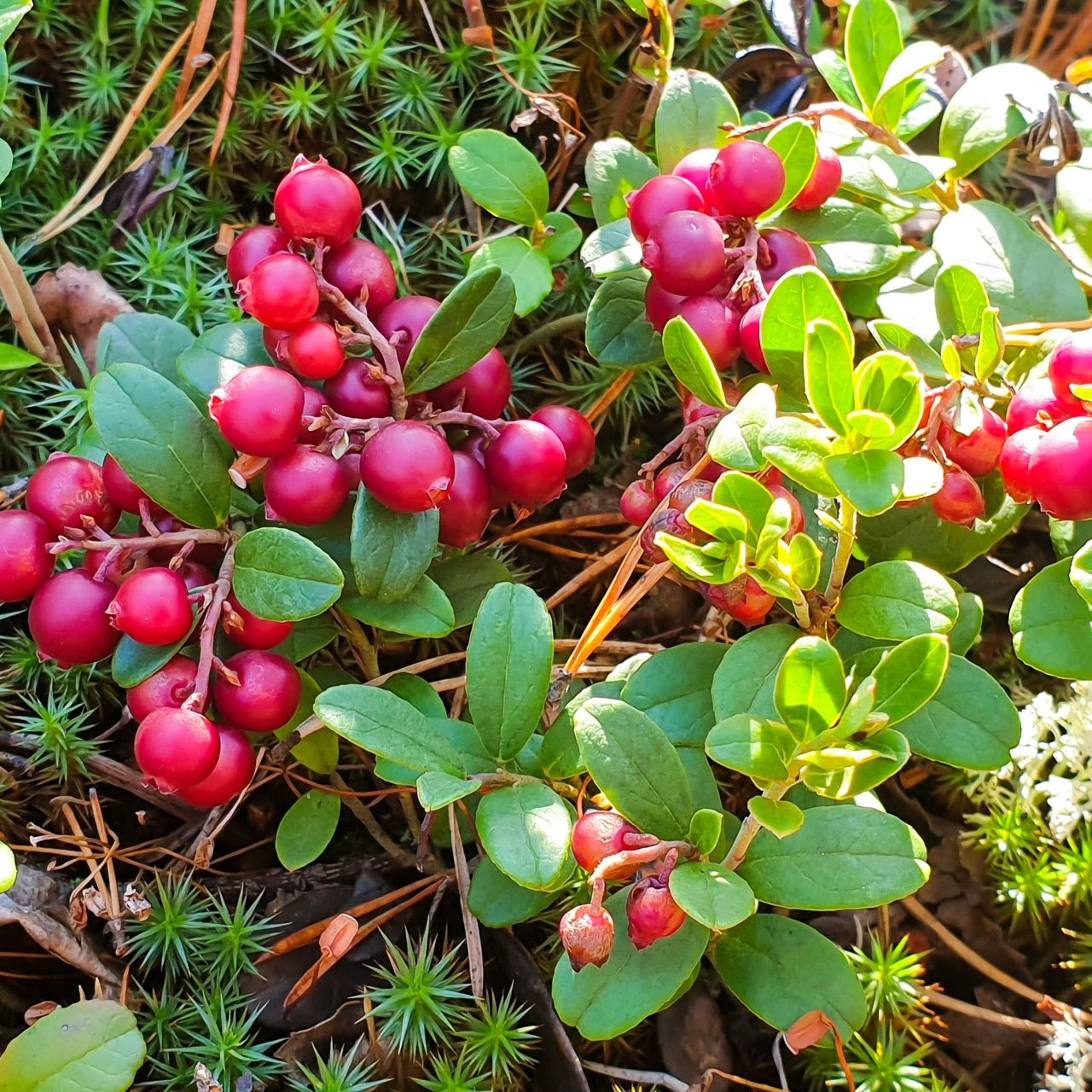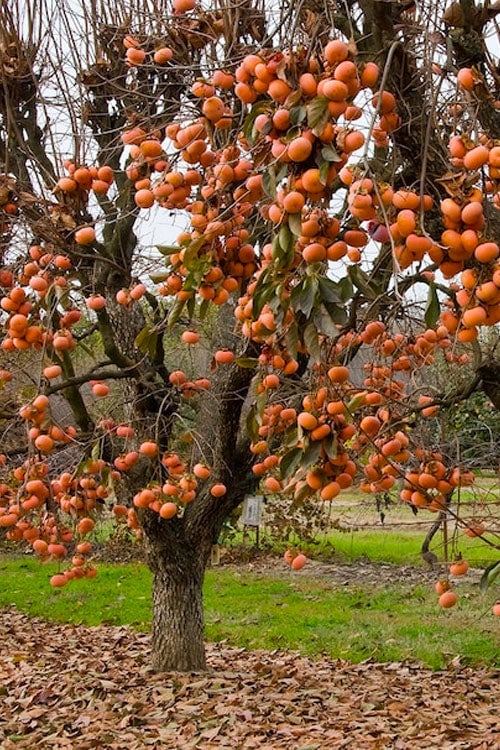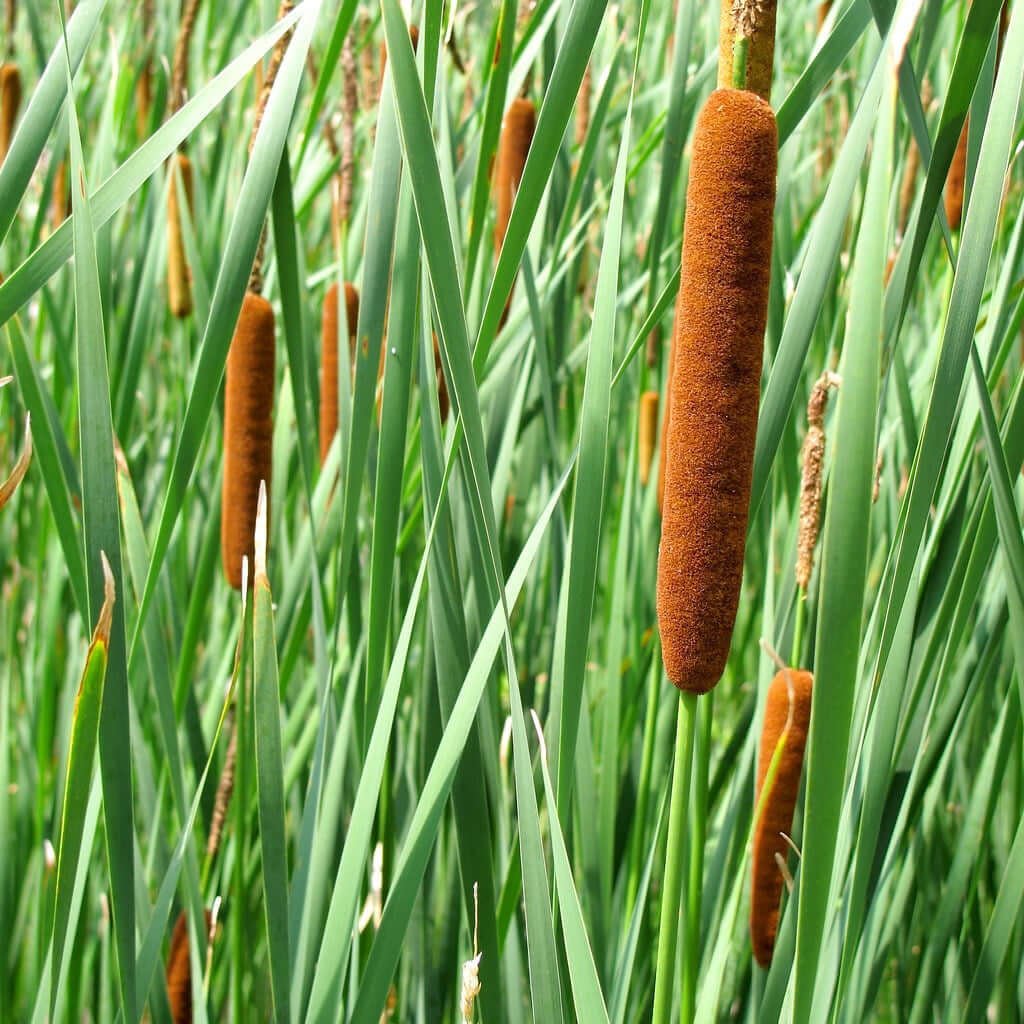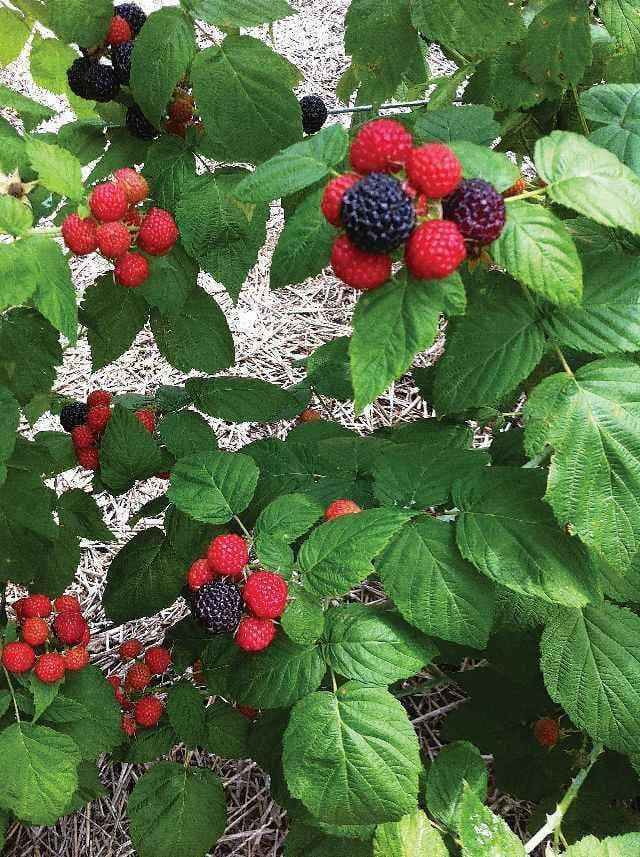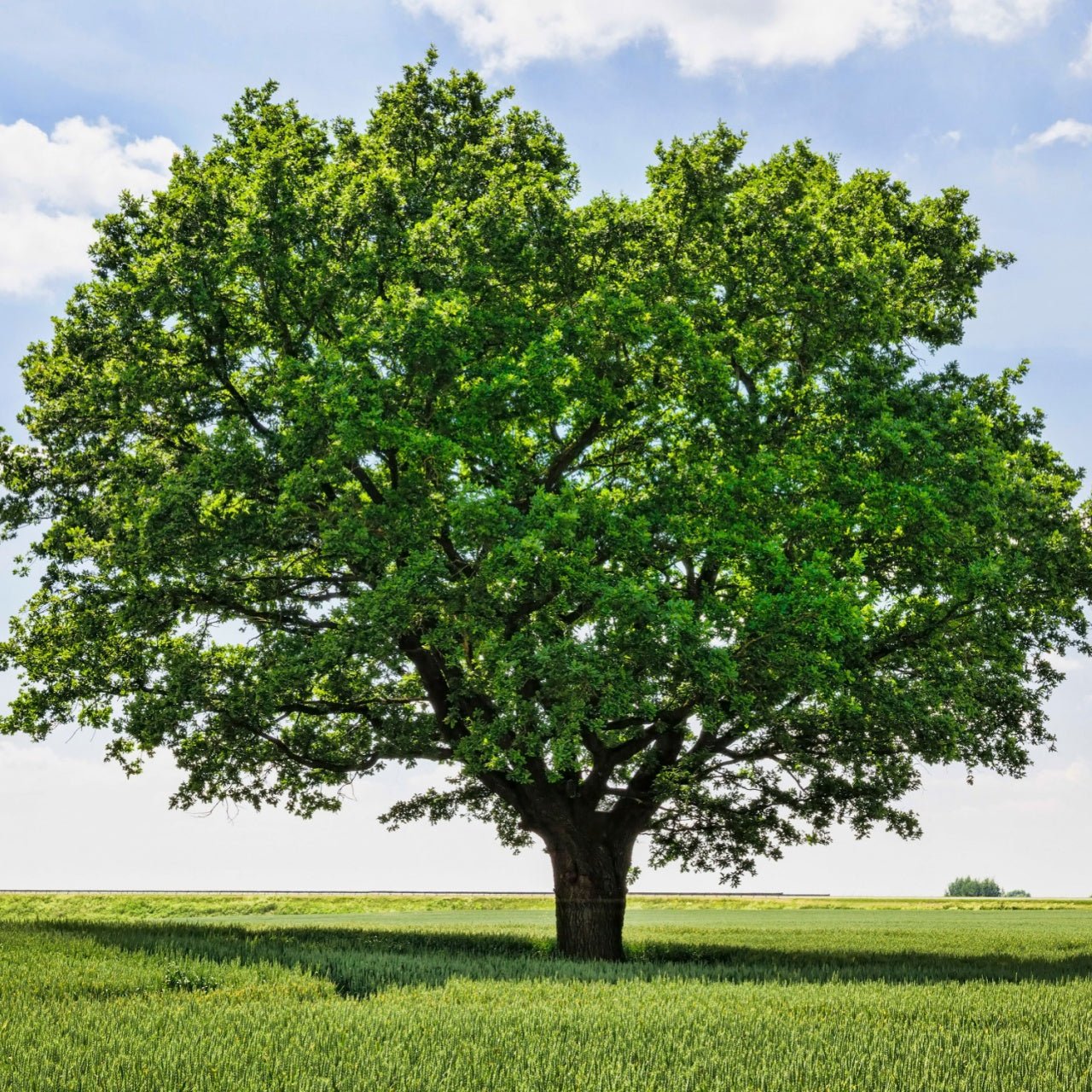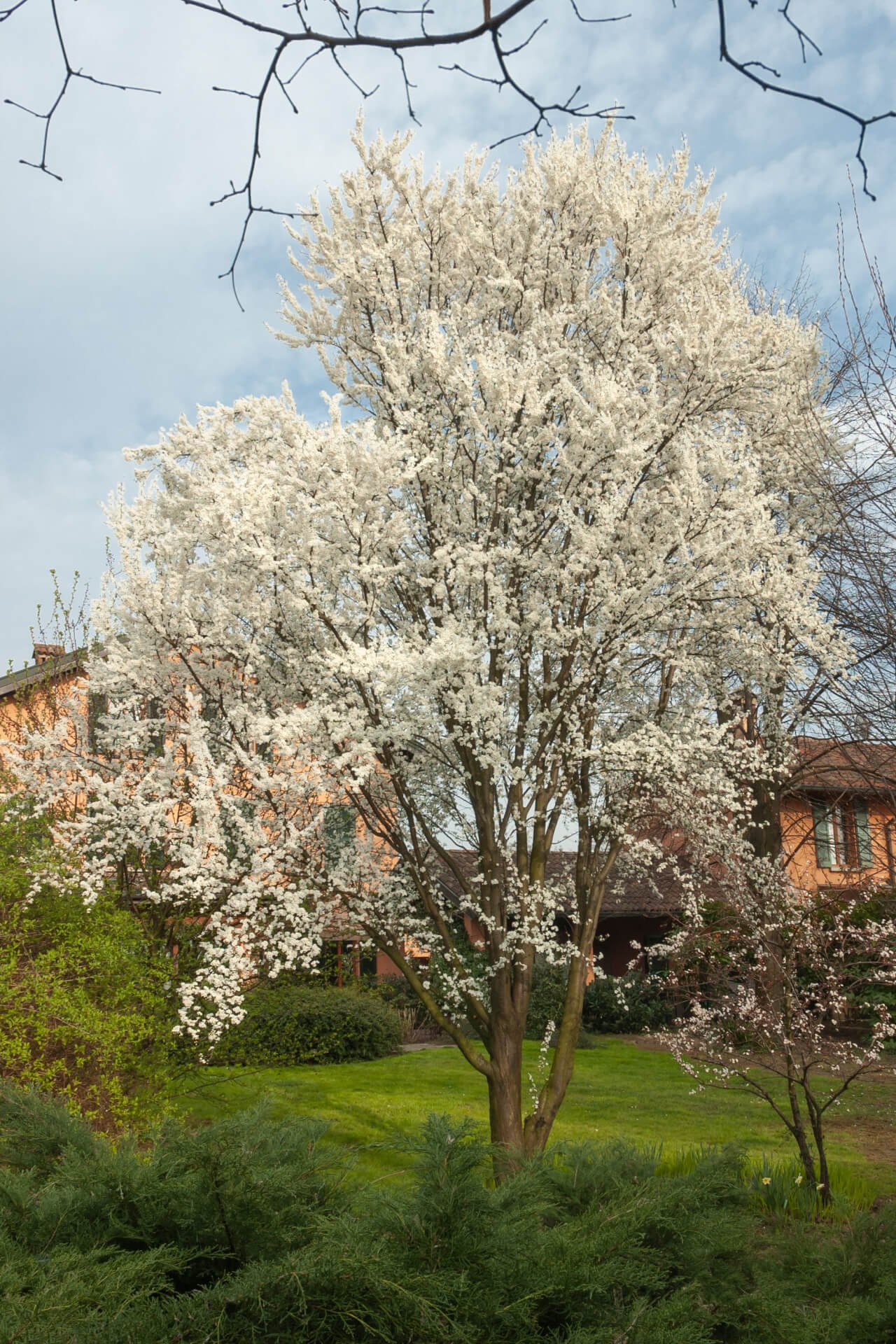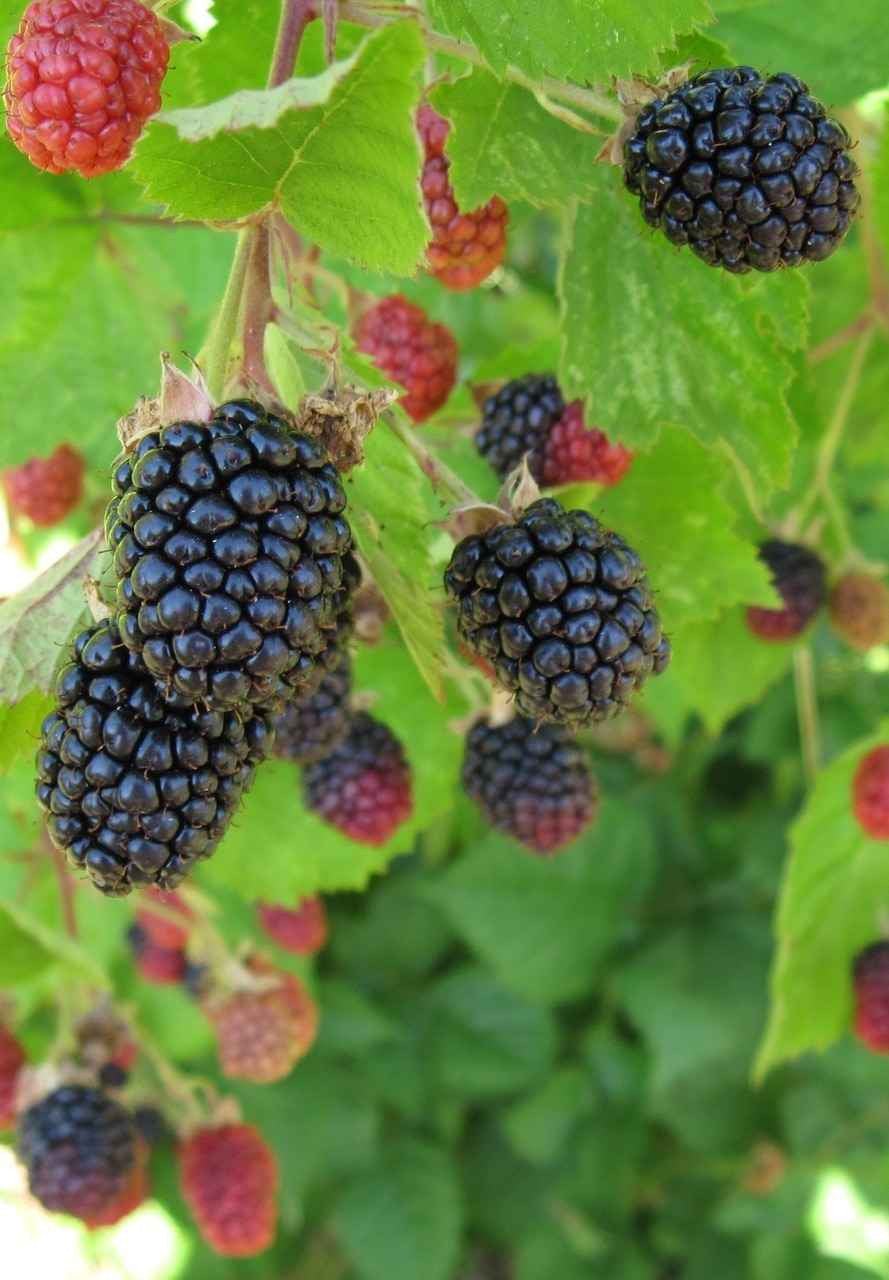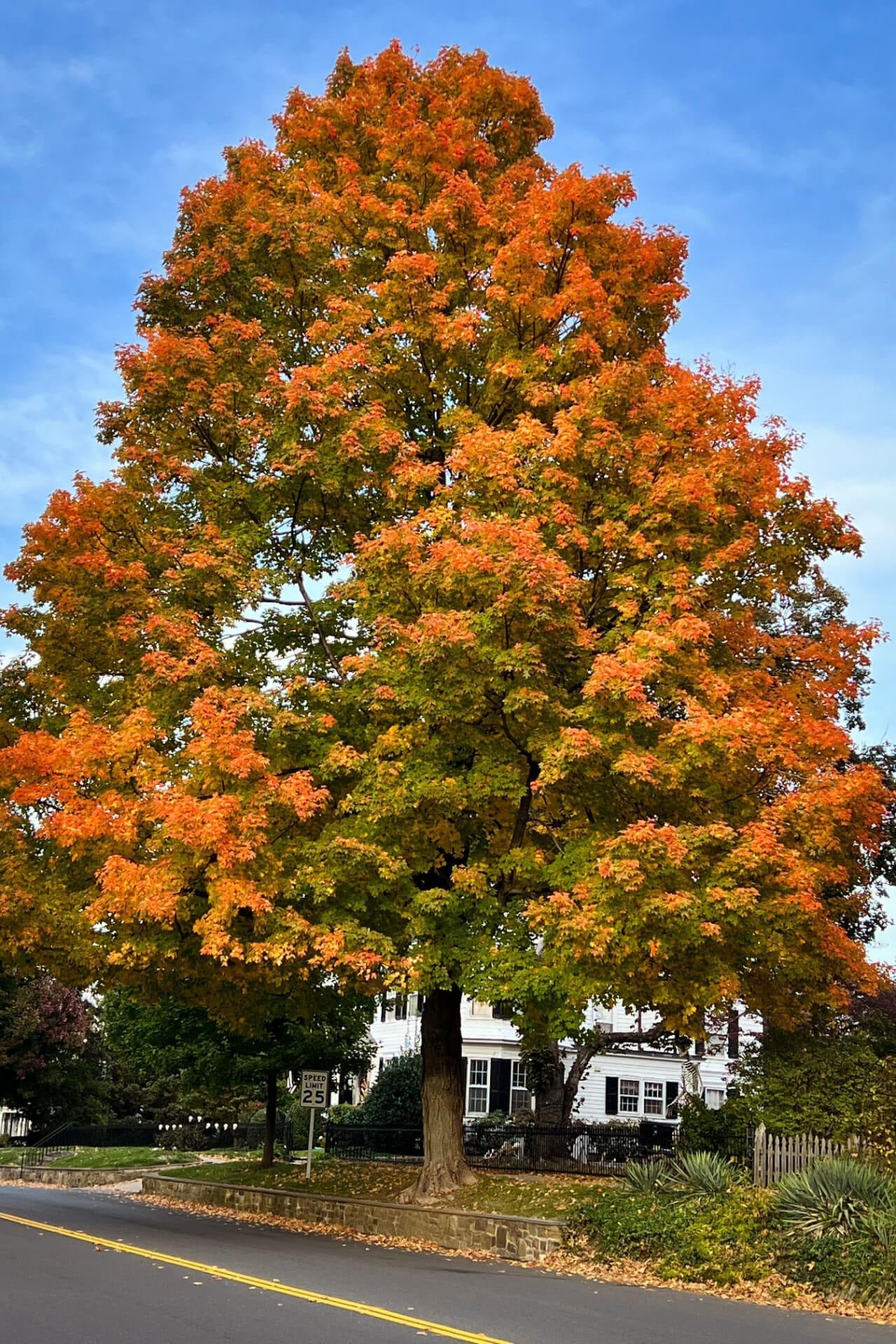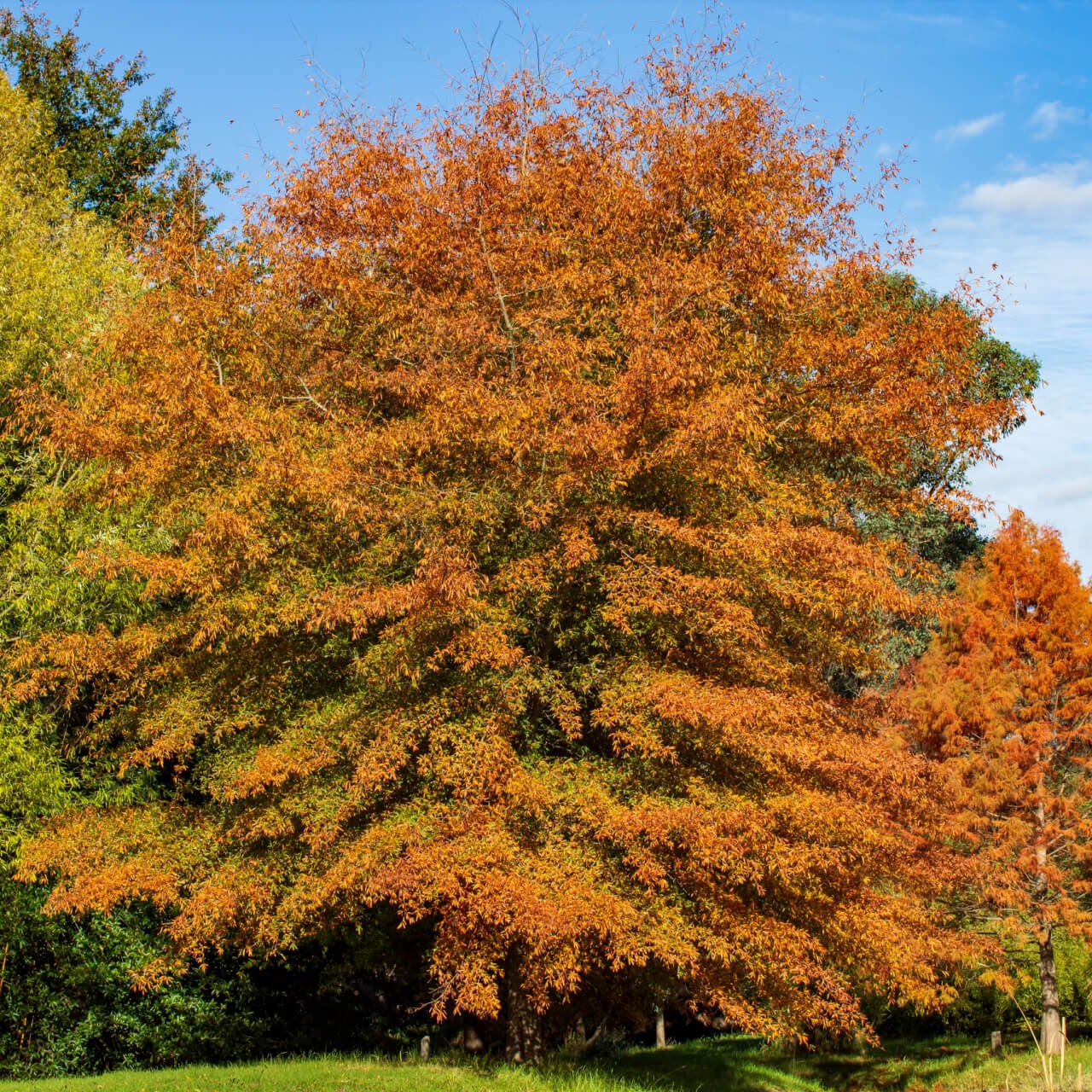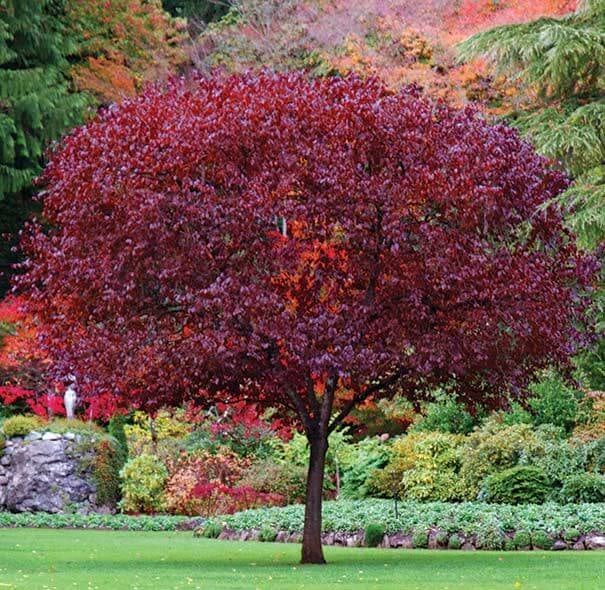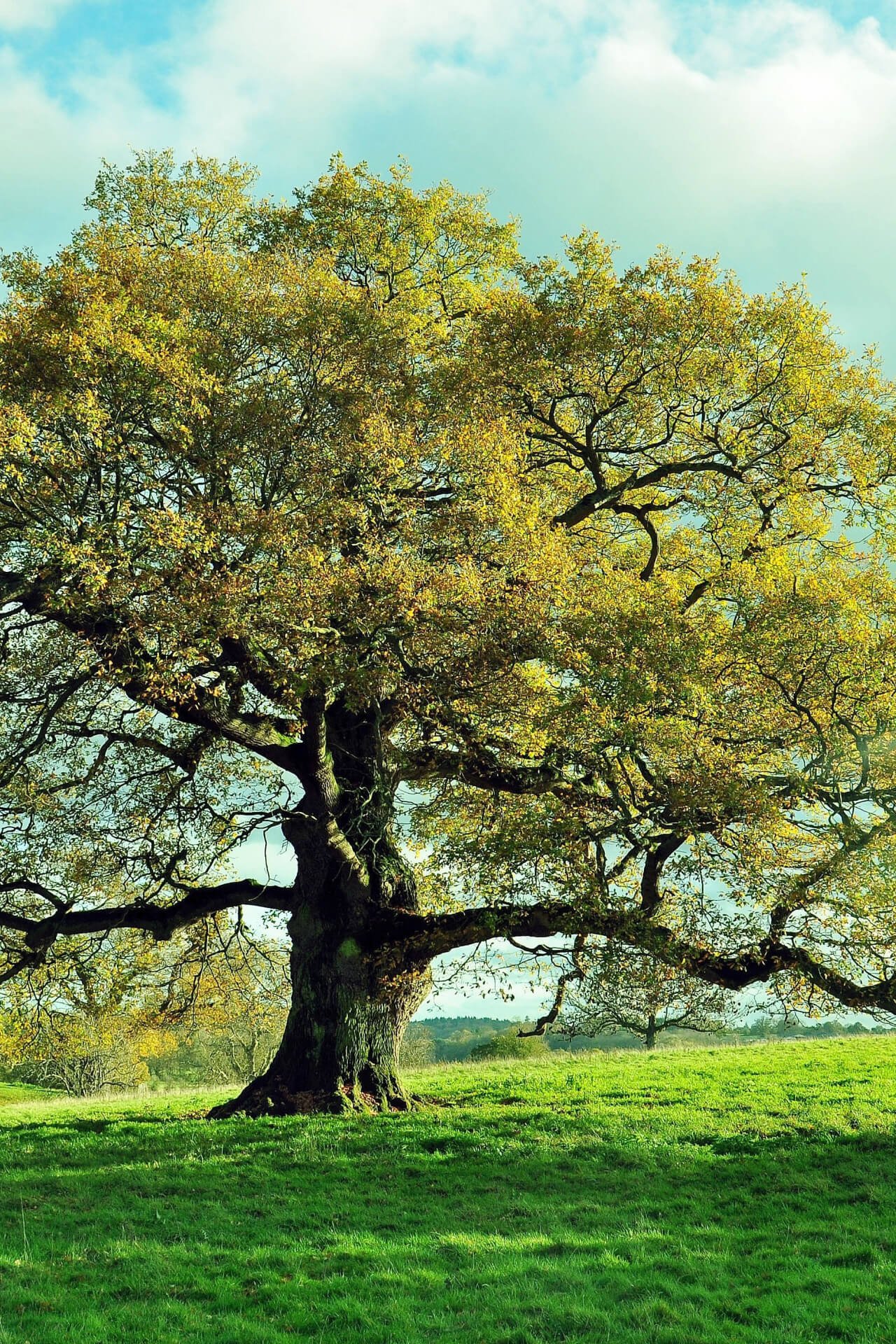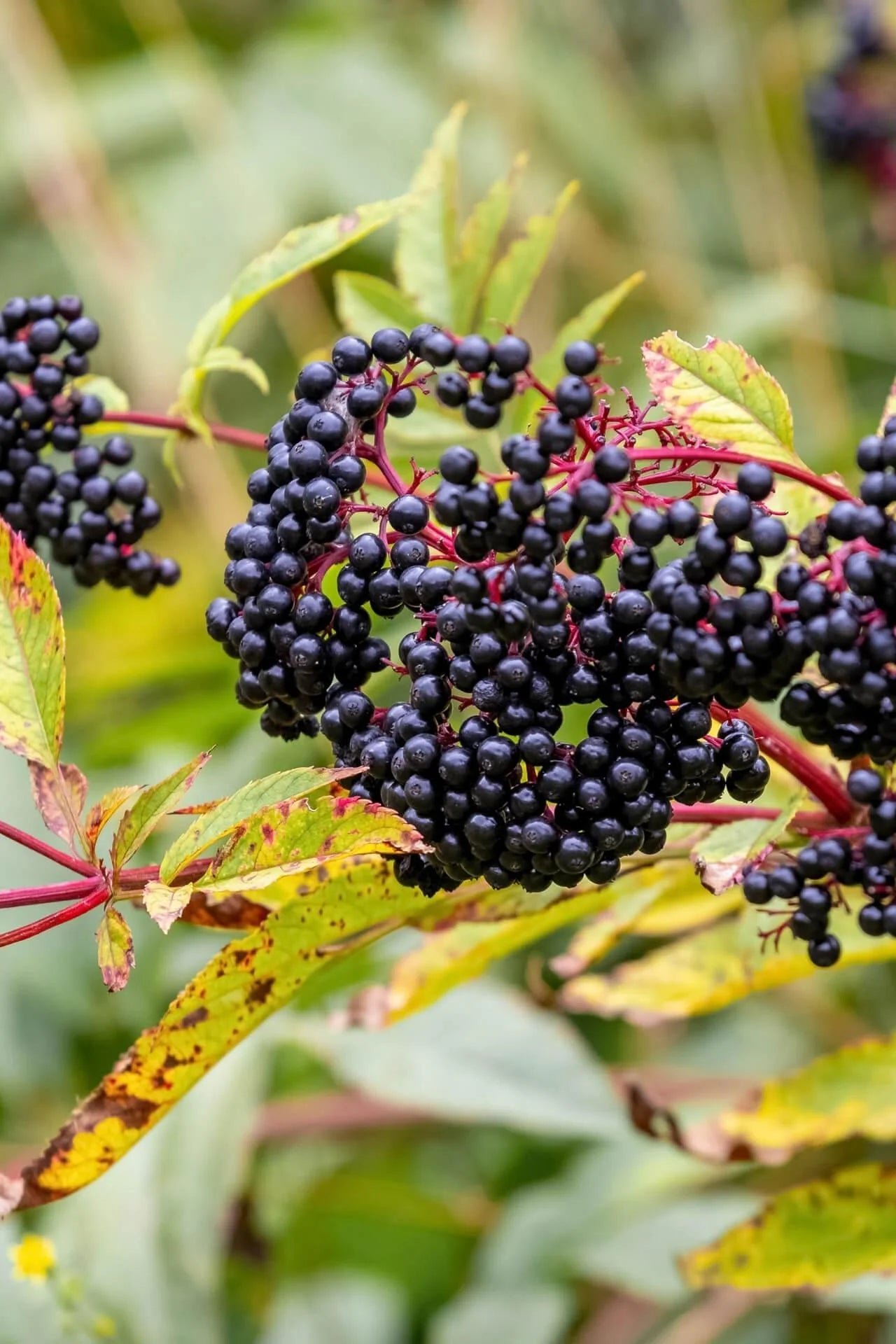Filters
Growing food plot plants in your outdoor garden can feed the local wildlife for days, inviting more opportunities for animal sightings. The creatures that roam your neighborhood won't be the only ones to enjoy it; food plot plants are elegant and attractive, lending your yard a new level of appeal.
Food plot plants have proven a perfect way to draw deer and other wildlife to your backyard. Besides keeping wildlife on your land, they’re a great source of food and nutrition for deer, elk, turkey, and other wildlife so that they do not have to travel far in search of food. While food plot trees are planted with deer in mind, they also feed smaller animals like squirrels and rabbits during the brutal winter months.
The goal of planting food plots is to observe and hunt animals when they visit your property. In addition to hunters using them to attract animals, non-hunters are adding these plants to their landscaping due to several benefits.
Featured Food Plot Trees
If you have been thinking about adding food plot trees to your property and need help figuring out where to start, T.N. Nursery has you covered. We have a range of food plot trees for sale for you to check out. Both hunters and non-hunters love all these plants due to several reasons.
Whether you want to add a fruit plant to enjoy or attract deer to your garden, start with the Persimmon Tree. Deer loves to eat this fruit when it is fully ripened and falls to the ground in autumn. A fully matured Persimmon Tree bears much fruit for deer and other wildlife.
White Oak Is A Perfect Food Plot Plants
White Oak is one of the most food plot trees that will hold deer on your property by providing late-season food sources to wildlife. Other popular food plot plants include the Mulberry Tree, Apple, Pear, Oak, and White Plum Tree.
Save The Wildlife With Food Plot Plants
All these food plot trees for sale allow you to attract wildlife, provide them with food, and offer environmental benefits when planted on your property. Discover our entire collection and pick any of the food plot trees to enhance the visual interest of your property for both people and wildlife alike.


